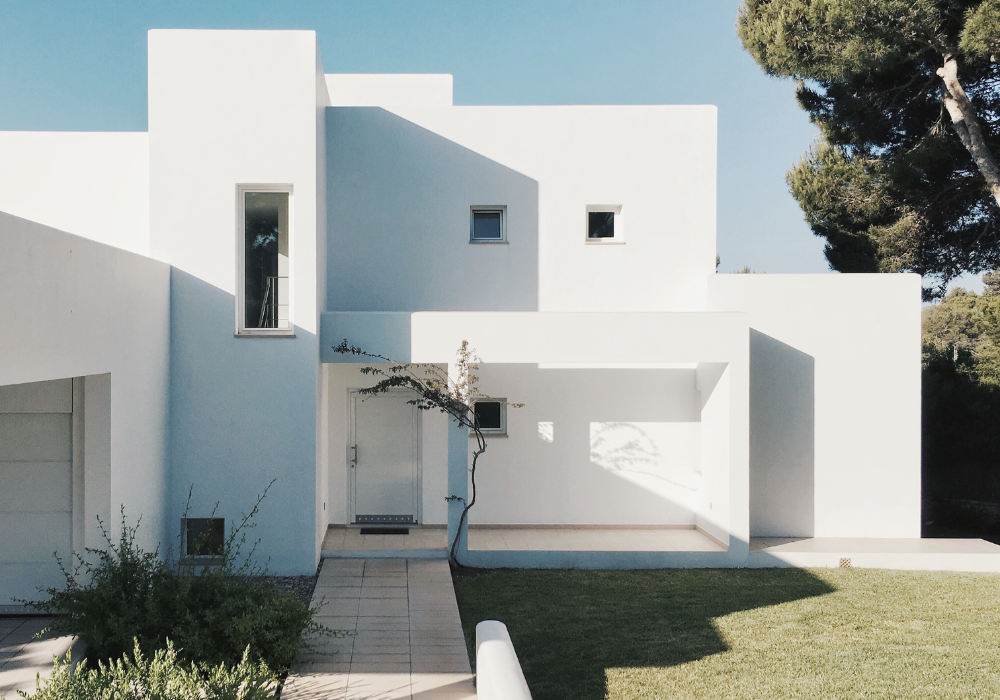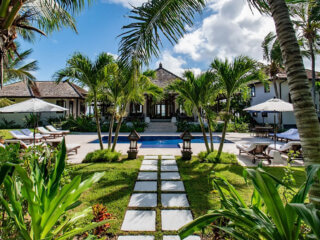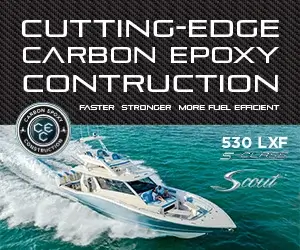
Buyer Demand For Eco Homes On The Rise
02.09.22Buyers seeking homes with environmentally friendly features have been growing in number and, according to new research, a desire to cut energy costs is a key motivator, reports Abode2
While almost two-thirds of respondents to a survey recently conducted by JLL said that achieving a lower carbon footprint was important to them, saving on energy bills was cited by 82%. Some 70% of respondents also viewed the energy efficiency and running costs of their home as more important now versus pre-pandemic.
Helen Amos, head of sustainability services at JLL Hong Kong, says well-designed and well-constructed, environmentally friendly homes not only generate operational savings, they also incorporate natural light, improved ventilation and use sustainable materials, creating a more comfortable, healthier and more liveable environment.
Market demand is also leading to a change in the approach of architects and developers for both new build and renovation projects, leading them to bring to market projects with genuine green credentials.
One enterprising company Invest Islands has been involved in the development of luxury villas, tented suites, eco-properties, eco-villages and more recently, a luxury resort with the Gran Melia International brand, with sustainability embedded in every project. It begins with the architecture based on passive design principles and use of sustainable materials, carries through to land preservation, and encompasses green features expected to last across the life cycle of the properties.
The company’s latest project, Mandala Eco-Village in Lombok, is its most ambitious to date. When fully complete by 2027, the 14-hectare (35-acre) estate will comprise around 200 units across two main areas offering either rice field or ocean views. To be built of bamboo as the primary material, the units are customisable with zero waste as the overarching goal.
Abode Affiliates
COPYRIGHT © Abode2 2012-2025






















































































































































































































